Partners
Please find here an overview of our canSERV consortium

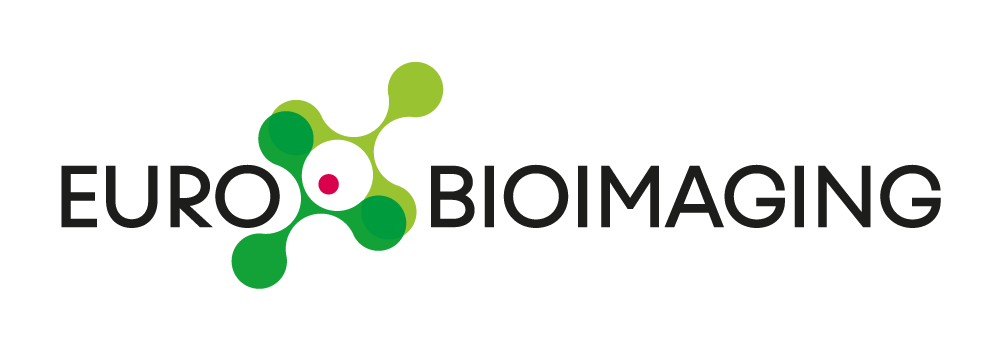

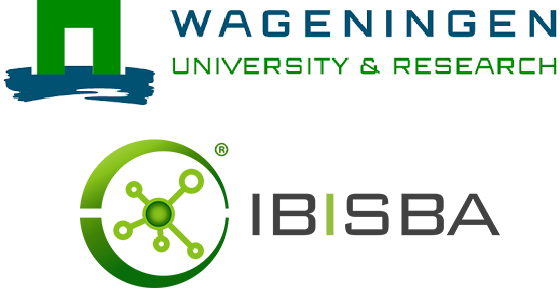





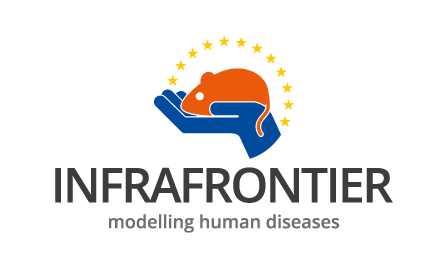
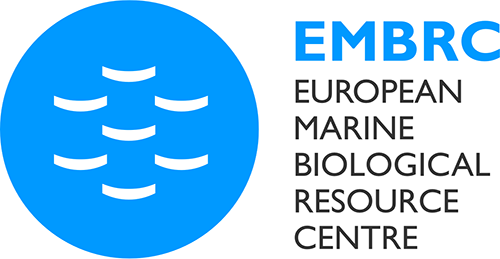
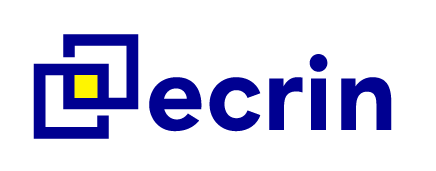
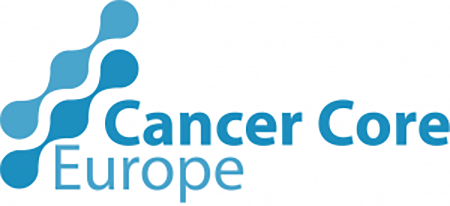

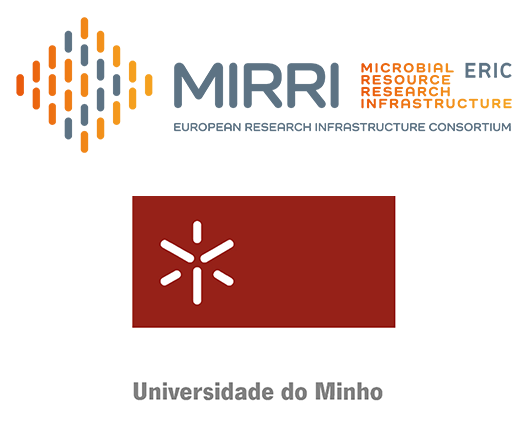

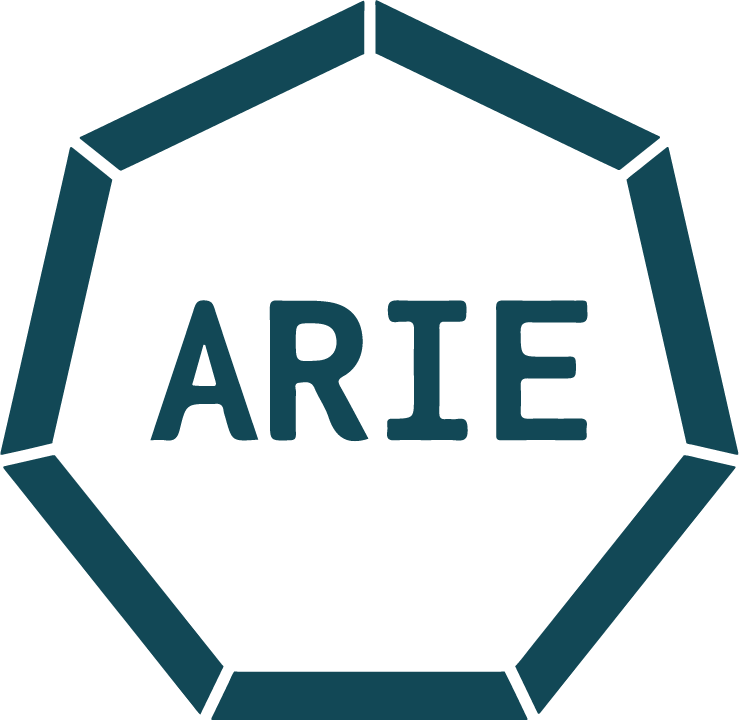

Biobanking and biomolecular resources will be provided by BBMRI, which aims at improving the accessibility and interoperability of the existing comprehensive collections, either population-based or clinical-oriented, of biological samples from different (sub-) populations of Europe or rare diseases. BBMRI consists of 23 countries with strong links to more than 100 Cancer Centres and three affiliated Expert Centres. BBMRI-ERIC with its National Nodes and affiliated communities will further provide expertise and services in ELSI, IT, Quality Management, Training, Outreach and Public Affairs.

EURO-BIOIMAGING ERIC is the European Research Infrastructure for biological and biomedical imaging, providing open access to 100+ cutting-edge imaging technologies for life scientists, as well as training and image data services. EURO-BIOIMAGING consists of a set of 35 complementary, strongly interlinked and geographically distributed Nodes − made up of 173 specialised imaging facilities − providing open access to imaging technologies and expertise to all scientists.

ELIXIR is an expert in biomolecular data services including genomics. It is a unique initiative that consolidates national centres, services, and core bioinformatics resources into a single, coordinated infrastructure. ELIXIR coordinates and develops life science resources across Europe so that researchers can more easily find, analyse and share data, exchange expertise, and implement best practices, and gain greater insights into how living organisms work. ELIXIR includes 20 countries and an inter-governmental organisation (EMBL).

Research in industrial biotechnology will be supported by EU-IBISBA by supplying access to first class facilities for all industrial biotechnology professionals, including academic researchers, SMEs and large companies. EU-IBISBA operates in a multidisciplinary environment developing translational research in industrial biotechnology and developing the synthetic biology discipline. EU-IBISBA provides a research nexus for biology researchers and chemical engineers, favouring the connection of different knowledge domains, and providing a hub for public-private collaboration.
The EurOPDX Research Infrastructure (RI) is a newly established distributed RI with nodes in Italy, France, Spain, and The Netherlands. Created by Members of the EurOPDX Consortium – the European Oncology Patient-Derived Xenografts (PDX) Consortium, the EurOPDX RI offers access to a catalogue of more than 1,000 models derived from cancer patients, and to related services, like in-house drug efficacy tests on EurOPDX established models or biobanking of models from external providers.
Working together with the EurOPDX Consortium, which counts 18 not-for-profit Clinical Cancer Centres and universities across Europe and in the US, the EurOPDX RI has created a large collection of models and data to cover cancer heterogeneity, and has raised standards in the preclinical setting, like Standard Operating Procedures (SOPs) for model biobanking or drug testing.

Compound screening proficiency will be offered by EU-OPENSCREEN, a distributed RI that develops novel small chemical compounds which elicit specific biological responses on organisms, cells or cellular components. As a large-scale RI with an “open” pre-competitive character, EU-OPENSCREEN is a cost-effective solution to the need of the broad scientific community providing access to Europe’s leading screening platforms and chemistry groups, constructing a jointly used compound collection and operating an open-access database accessible on a global basis.

ARTTIC Innovation will support research and technology developments from the first ideas to the exploitation of project results. ARTTIC offers a unique and complete range of services and tools and makes available its proven expertise in setting up, organising, and managing large collaborative R&I projects.

Instruct-ERIC offers access to advanced structural biology techniques to the cancer research community. Structural biology has many implications in cancer research including structural characterisation of cellular organelles associated with cancer growth, or activators and inhibitors of oncogenic molecular pathways. Moreover, high-resolution structural information on biomolecules is crucial for drug discovery and development.

The European Organisation for Research and Treatment of Cancer (EORTC) is an independent cancer clinical research organization. The EORTC has delivered investigator driven, changing practice clinical trials since 1962. Its mission is to improve survival and quality of life of cancer patients. The EORTC is a not-for-profit independent organisation performing multidisciplinary clinical research activities across tumor types. EORTC’s activities involve on a voluntary basis more than 3800 doctors and scientists from 930 university hospitals in 36 countries. EORTC clinical trials are involving several thousands of patients on a yearly basis.

IARC, the specialized cancer agency of the World Health Organization, will also join canSERV consortium. The Agency is inter-disciplinary, bringing together skills in epidemiology, laboratory sciences and biostatistics to identify the causes of cancer so that preventive measures may be adopted, and the burden of disease and associated suffering reduced. A significant feature of the IARC is its expertise in coordinating research across countries and organisations; its independent role as an international organization facilitates this activity. The classification of human tumours as reported in the WHO “Blue Book” series is an additional resource of value to cancer researchers and clinicians worldwide. One of the products of IARC’s coordinating role is an increasingly important biobank with approximately 6 million samples from 600 000 subjects in total.

Having successfully supported more than 400 international academic research projects using EC funding, INFRAFRONTIER, the European Research Infrastructure for modelling human diseases, offers relevant services for cancer researchers and leads the efforts concerning in vivo models in canSERV. This is in line with the primary goal of INFRAFRONTIER, which is to study the systemic effects of genetic alterations and unravel the role of gene function in human health and disease using appropriate disease models.

EMBRC is a distributed RI providing a strategic delivery mechanism for excellent and large-scale marine science in Europe. The EMBRC investigation capacity and capability covers the whole range of marine biodiversity, using approaches ranging from molecular biology to ecology, chemistry, bioinformatics and mathematics, and to integrative biology. The RI is at a pivotal position between biological sciences, biomedical sciences and agronomical, ecological and environmental science, bringing added value to canSERV.

ECRIN is a European Research Infrastructure facilitating multinational clinical research, through the provision of advice and services for the set-up and management of investigator or SME led clinical studies in Europe. ECRIN unites national networks of clinical trial units across Europe, through its scientific partners, to fulfil its vision of generating scientific evidence to optimise medical practice. By supporting clinical trials across borders and advising and implementing policy, ECRIN advances knowledge flow, competitiveness and integration in European clinical research.

Cancer Core Europe builds upon the efforts of previous larger European consortia such as the Eurocan Platform, a project bringing together 28 European cancer institutions and organizations that was funded by the European Commission under the seventh framework program. Cancer Core Europe aims to reshape the cancer research model to ultimately increase the European Union’s competitiveness as a place to conduct cutting-edge research that is translated to the clinic to deliver more personalized medicine. Cancer Core Europe brings together the expertise and critical mass required to effectively move translational research into the clinic where patients have a direct benefit.

EATRIS brings translational medicine expertise to the consortium from over 145 top-tier academic centres across Europe. The Research Infrastructure provides access to a vast array of expertise and facilities needed to develop new products – from target validation to early clinical trials.

The Microbial Resource Research Infrastructure (MIRRI-ERIC) is the pan-European distributed RI for the preservation, systematic investigation, provision and valorisation of microbial resources and biodiversity. MIRRI brings together 50+ microbial domain Biological Resouce Centres (mBRCs), culture collections and research institutes from ten European countries. MIRRI serves the public and private bioscience and bioindustry communities by facilitating access, through a single entry point, to the broadest range of high–quality microorganisms, their derivatives, associated data, and services, in a legally compliant way, with a special focus on the domains of Health & Food, Agri-Food, and Environment & Energy. MIRRI will help canSERV in alleviating the fragmentation of bioresource holdings and expertise, to deliver fit-for-purpose microbial material, to add value to microbial diversity, and to discover and preserve the yet unknown or uncultivated microorganisms.

TTOPSTART is a science and business consulting company that serves leading researchers and innovative companies in the fields of life sciences. TTOP has ample experience in effectively managing large multidisciplinary consortia and innovative EU-funded projects while contributing towards their sustainability.

The Analytical Research Infrastructures in Europe (ARIE) represents centres of scientific and technological excellence, delivering services, data and know-how to a growing and a diverse user community of more than 40,000 researchers in academia and industry, across a range of domains: the physical sciences, energy, engineering, the environment and the earth sciences, as well as medicine, health, food and cultural heritage. ARIE provide free access to the scientific user community based upon scientific excellence and open data. Specifically, they include powerful sources of photon, neutrons, ions and other particle beams; and facilities dedicated to advanced electron-microscopy and high magnetic fields.
The European Cancer Patient Coalition (ECPC) was part of the canSERV consortium between September 2022 – February 2024
Contact